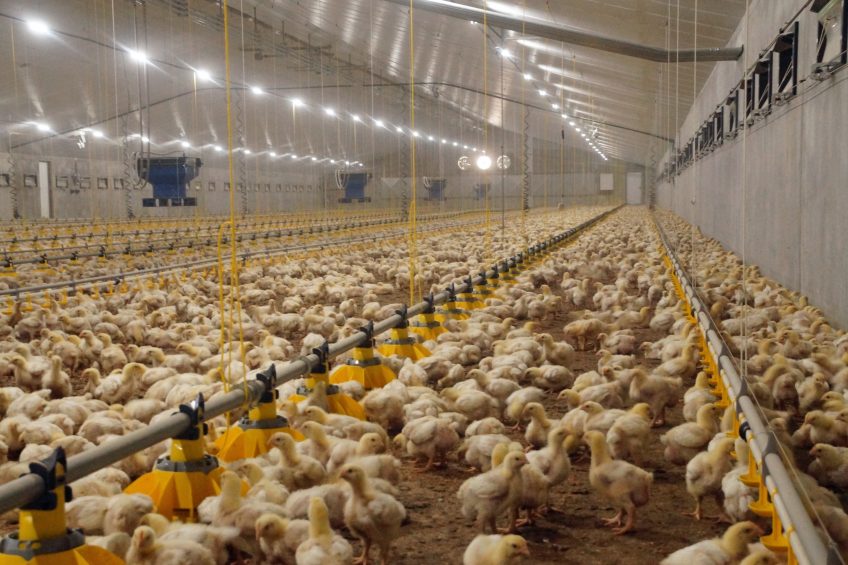Countries step up to tackle antimicrobial resistance

Countries are making significant steps in tackling antimicrobial resistance but serious gaps remain and require urgent action, according to a report released this week by the UN Food and Agriculture Organisation, World Organisation for Animal Health (OIE) and the World Health Organisation (WHO).
The report charts progress in 154 countries and reveals wide discrepancies. Some, including many European countries, have been working on AMR policies in human and animal sectors for more than 4 decades.
Others have only recently started to take action to contain the growing threat. Progress in developing and implementing plans is greater in high income than low income countries but all nations have scope for improvement. No country reported sustained capacity at scale in all areas.
The report looks at surveillance, education, monitoring and regulating consumption and use of antimicrobials in human health, animal health and production, as well as plants and the environment – as recommended in the Global Action Plan, published in 2016.
Urgent need for investment
While there were promising findings around reporting drug-resistant infections in human health, the report highlights an urgent need for more investment and action in the animal and food sectors.
It said only 64 countries reported that they follow FAO-OIE-WHO recommendations to limit the use of critically important antimicrobials for growth promotion in animal production.
Of these, 39 are high income countries, with the majority in WHO’s European region. By contrast, just 3 nations from WHO’s African region and 7 from its American region have taken this step to reduce the emergence of antimicrobial resistance.
A total of 67 countries report at least having legislation in place to control all aspects of production, licensing and distribution of antimicrobials for use in animals. But 56 either said they had no national policy or legislation regarding the quality, safety and efficacy of antimicrobial products used in animal and plant health, and their distribution, sale or use, or that they were unable to report whether they have these policies in place.
Dr Ranieri Guerra, WHO assistant director-general for antimicrobial resistance, said: “This report shows growing global momentum to combat antimicrobial resistance. We call on governments to make sustained commitments across all sectors – human and animal health, plant health and the environment – otherwise we risk losing the use of these precious medicines.”
Dr Matthew Stone, deputy director-general of the OIE, added: “Supporting low and middle income countries to follow guidance of responsible and prudent use of antimicrobials in animals is an urgent priority. Implementation of dedicated OIE international standards, appropriate national legislation and strengthening of veterinary services are essential steps to help all animal health stakeholders contribute to controlling the threat posed by antimicrobial resistance.”
Maria Helena Semedo, FAO deputy director-general, added: “FAO welcomes that many countries are taking concrete steps towards the responsible use of antimicrobials in agriculture. However, countries need to do more to reduce the unregulated and excessive use of antimicrobials in agriculture. We particularly urge countries to phase out the use of antimicrobials for growth promotion in animal production – terrestrial and aquatic.”
Join 31,000+ subscribers
Subscribe to our newsletter to stay updated about all the need-to-know content in the poultry sector, three times a week. Beheer
Beheer











 WP Admin
WP Admin  Bewerk bericht
Bewerk bericht